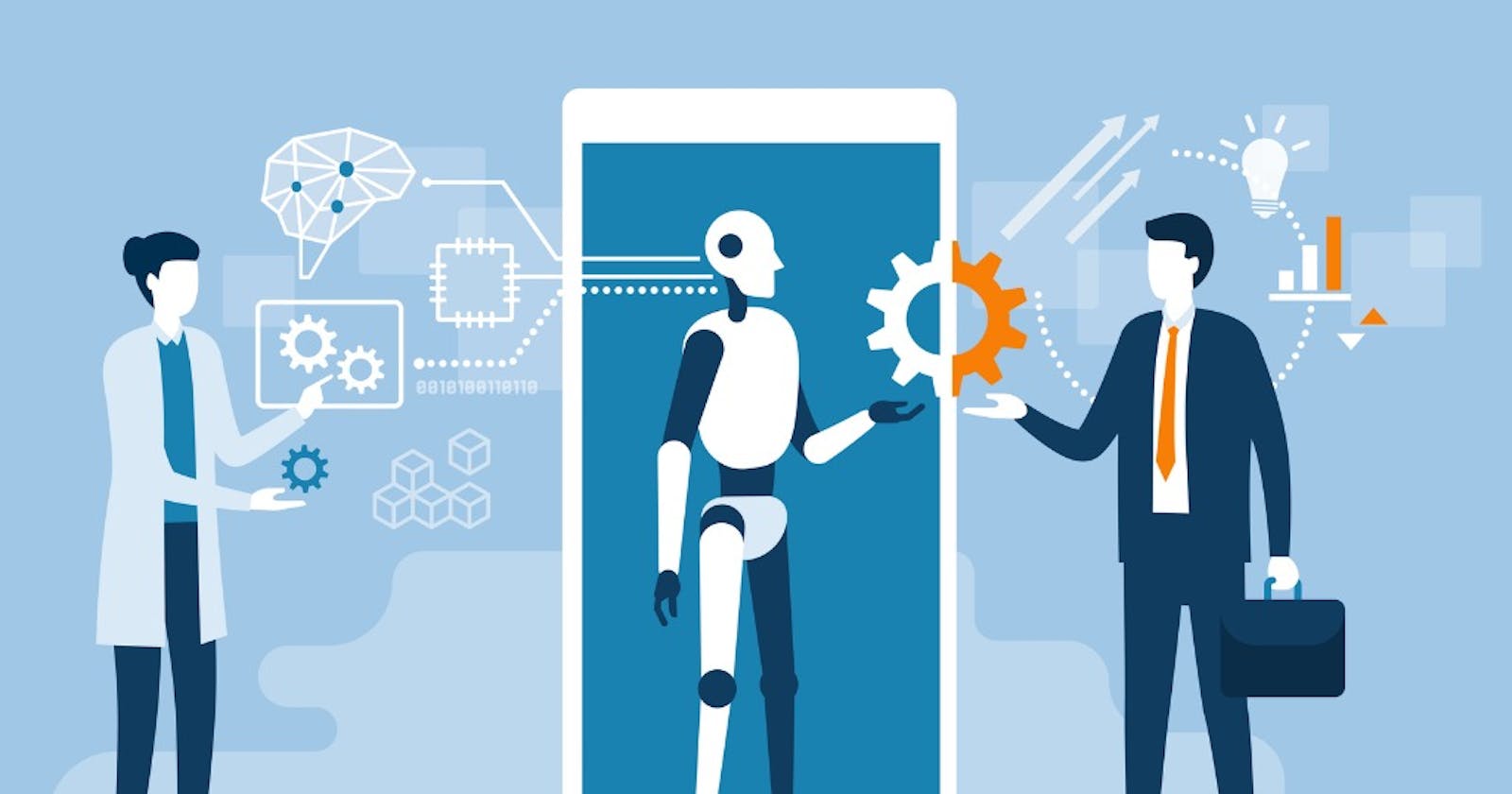The Transformative Power of Data Science and AI: Unleashing the Potential of the Digital Age
Introduction
Data science and artificial intelligence (AI) have become the engines of innovation and advancement in the age of digital transformation. By providing insights and solutions that were previously unthinkable, the combination of these two professions has revolutionised a number of sectors. We will examine the transformational potential of data science and AI in this blog, outlining its uses, advantages, and difficulties. Data science and AI have the power to fundamentally alter how we make decisions and create personalised experiences.
Gaining Understanding through Data Science
In the multidisciplinary discipline of data science, knowledge and insights are derived from both organised and unstructured data. For the collection, cleaning, analysis, and interpretation of enormous volumes of data, it integrates methods from statistics, mathematics, and computer science. Data scientists can find patterns, trends, and correlations that support well-informed decision-making by utilising complex algorithms and tools.
Predictive analytics is one of the primary uses of data science. Businesses may predict future trends, consumer behaviour, and market dynamics using machine learning algorithms, enabling proactive tactics and streamlining processes. For instance, merchants can use data science to forecast consumer demand, improving inventory control and the effectiveness of the supply chain.
In addition, data science is essential for addressing challenging societal issues. For instance, in the healthcare industry, data scientists can examine enormous datasets to spot disease patterns, create individualised treatment regimens, and even forecast outbreaks. Data science has the ability to save lives and enhance the general wellbeing of people and communities by utilising the power of data.
AI's role in enhancing intelligent systems
Contrarily, artificial intelligence is concerned with creating intelligent machines that can mimic human intellect and carry out tasks that ordinarily call for human cognitive talents. AI includes a variety of methodologies, such as robotics, computer vision, machine learning, and natural language processing.
Automation is one of the most well-known fields in which artificial intelligence is used. AI-powered systems may automate repetitive processes by using machine learning algorithms, which lowers human error and boosts productivity. Natural language processing-enabled chatbots, for instance, can handle client questions, freeing up human agents to concentrate on more complicated problems.
By analysing enormous amounts of data to comprehend unique preferences and behaviours, AI also makes it possible for experiences to be personalised. Companies may now give personalised recommendations, ads, and user experiences thanks to this. AI algorithms are used by e-commerce platforms, streaming services, and social media platforms to give personalised content, increasing user engagement and happiness.
The Difficulties and Moral Issues
Although data science and AI have enormous potential, there are a number of obstacles to overcome and ethical issues to take into account. Security and privacy of data are two major issues. Strong laws and protections are necessary to guarantee people's right to privacy as the gathering and use of personal data grows. Building confidence and ensuring responsible data usage depend on striking the correct balance between data use and privacy.
The bias and fairness of AI algorithms is another problem. The quality of AI systems depends on the data they are trained on. Artificial intelligence (AI) algorithms may reinforce biases and produce discriminatory results if the training data is biassed or reflects existing inequities. With a focus on diversity and inclusion, initiatives are being made to create AI models that are more open and equitable.
Accountability and explainability are additional ethical issues related to AI and data science. Understanding how decisions are made and who is accountable for their results is critical as AI systems become more autonomous. The goal of explainable AI is to improve the readability and transparency of AI algorithms so that people can comprehend the justification for the choices these systems make.
Conclusion
AI and data science have the power to change entire sectors.to know more the data science and AI join Learnbay
